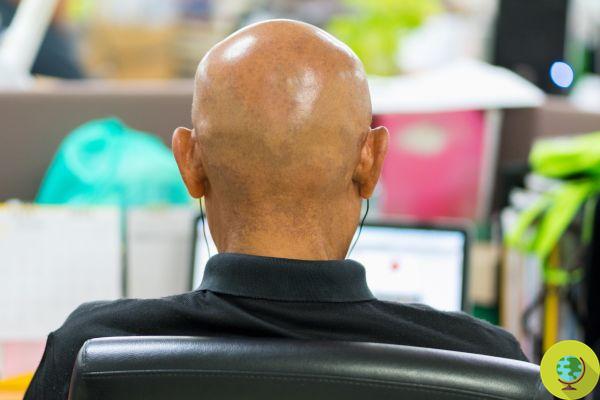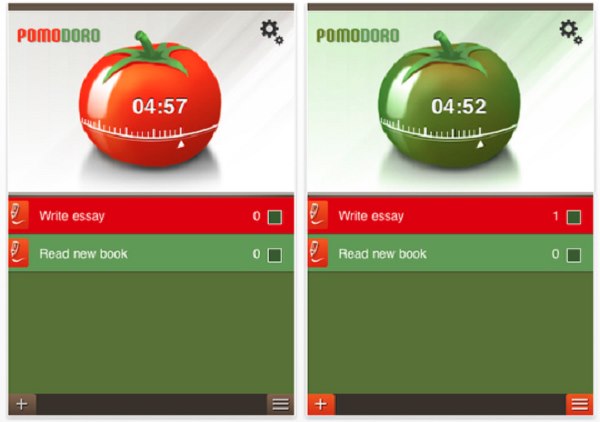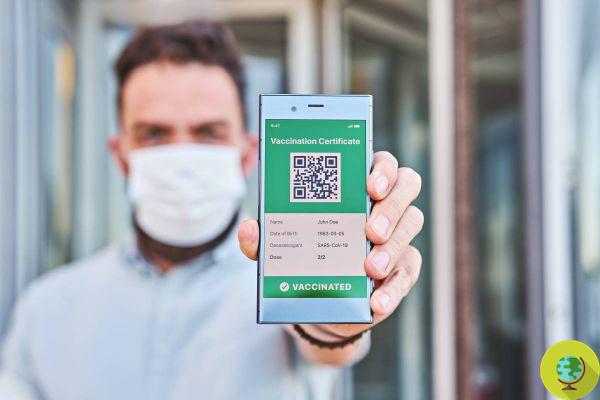
Freelancing can have its upsides (like being able to work remotely and some flexibility), but there are downsides as well.
Don't store avocado like this: it's dangerousFreelance work may have benefits, but Oxford University research also warns of potential health pitfalls
Hard times for freelancers, who not only find themselves tossed about from commission to commission and struggling with sometimes questionable tax regimes, but can also find themselves in poor quality working conditions that often have a negative effect on health.
In short, in the period of the digital economy - which involves around 70 million people - while freelancing can have its positive aspects (such as being able to work remotely and some flexibility), there are also disadvantages. This is stated by a new study from the University of Oxford, which points the finger at irregular working hours, difficult competition and a lack of social protection.
Poor working conditions associated with the digital economy could have consequences for the digital economy, according to new research on more than 700 online job platform workers in Southeast Asia and Sub-Saharan Africa. well-being of employees. The digital economy of gigs (where gig indicates an increasingly widespread economic model in which stable performance with permanent and permanent jobs no longer exists, but works on demand), has expanded globally at a rapid and growing pace. , but research suggests that while the flexibility and autonomy of remote work may initially be enticing and beneficial to some people, there may be unforeseen consequences on well-being.
"Our findings show that working autonomy in the gig economy often comes at the price of long, irregular and anti-social hours, which can lead to sleep deprivation and exhaustion," says Alex Wood, co-author of the paper. study.
Online p is mediated by algorithms and classification systems. Workers with the highest scores (given by customers) tend to rank higher in the platform's search results and receive more work.
Wood adds: "The competitive nature of online job platforms leads to labor intensive, requiring workers to complete as many errands as possible as quickly as possible and meet the demands of multiple customers."
54% of the workers who took part in the study said they have to work at very high speeds and 22% reported pain from their work. “This is particularly felt by low-skilled workers, who have to complete a very high number of jobs in order to live in a dignified way,” says prof. Mark Graham, co-author. “Since there is an oversupply of low-skill workers and no collective bargaining power, the pay remains low. Completing as many jobs as possible is the only way to live well ”.
"We hope this research sheds light on potential pitfalls for collaborating gigs and helps policymakers understand how the online gig economy really works," sums up Wood. In short, even if there are benefits for workers such as autonomy and flexibility, there are also serious concerns, especially for workers with low skills. But, on the other hand, we are comforted by the fact that, even in the office, if the working conditions are not optimal, stress is lurking.
Read also
- Working from home would save us stress and CO2 like 5,5 billion trees
- Goodbye office! Here are the treehouses that Microsoft built for its employees
- Coworking in the park: in London the office is in the tree
Germana Carillo


























